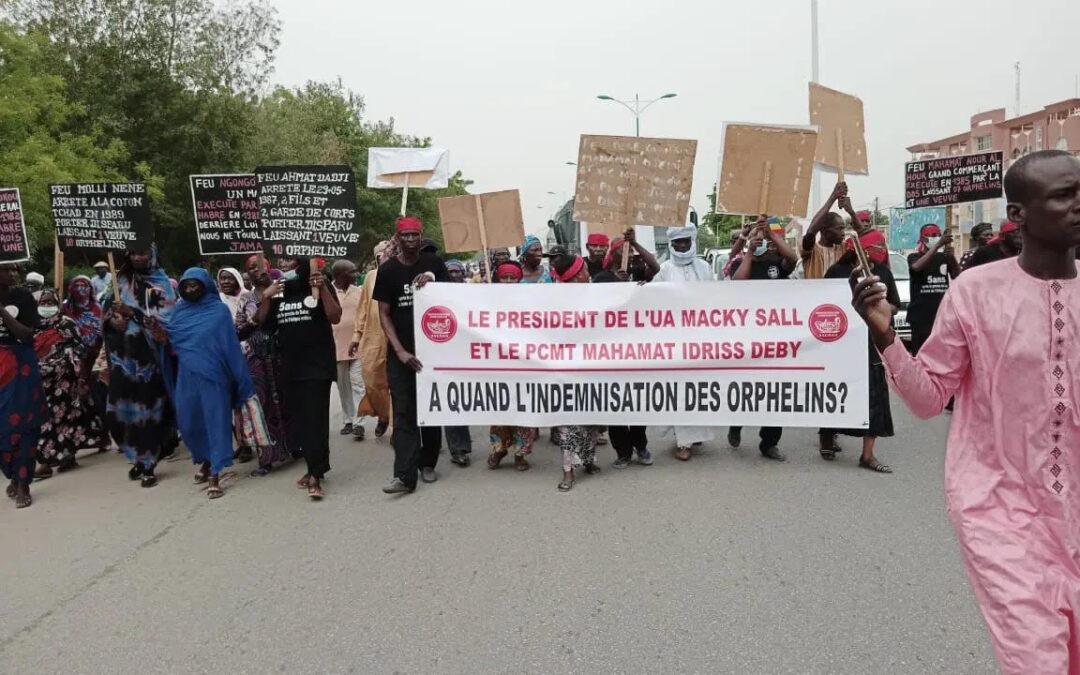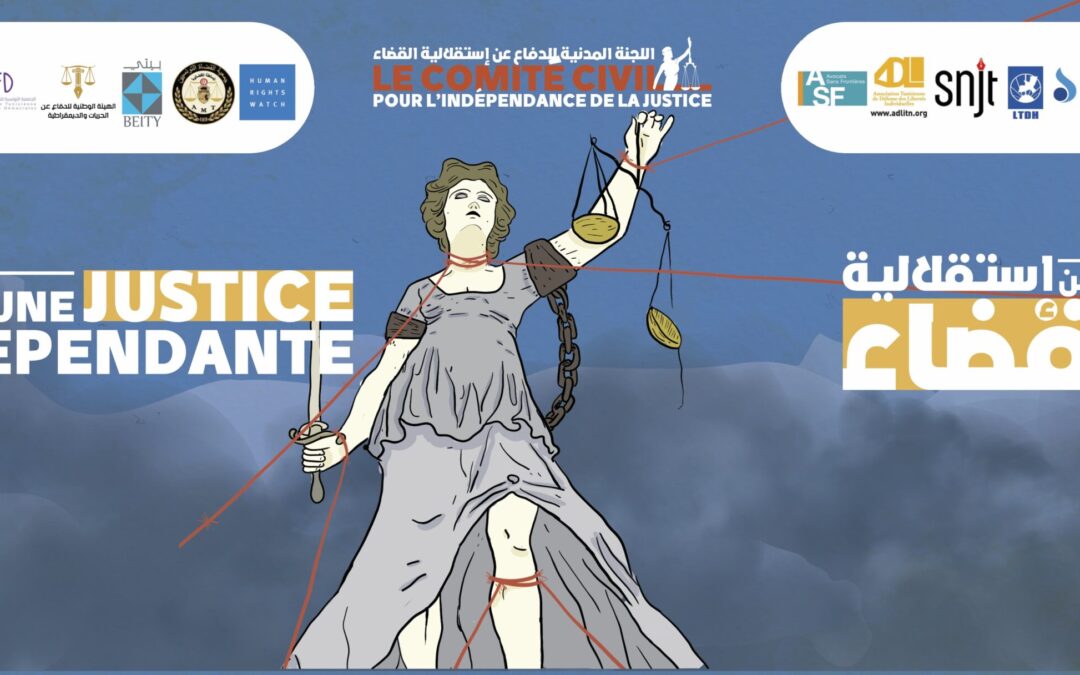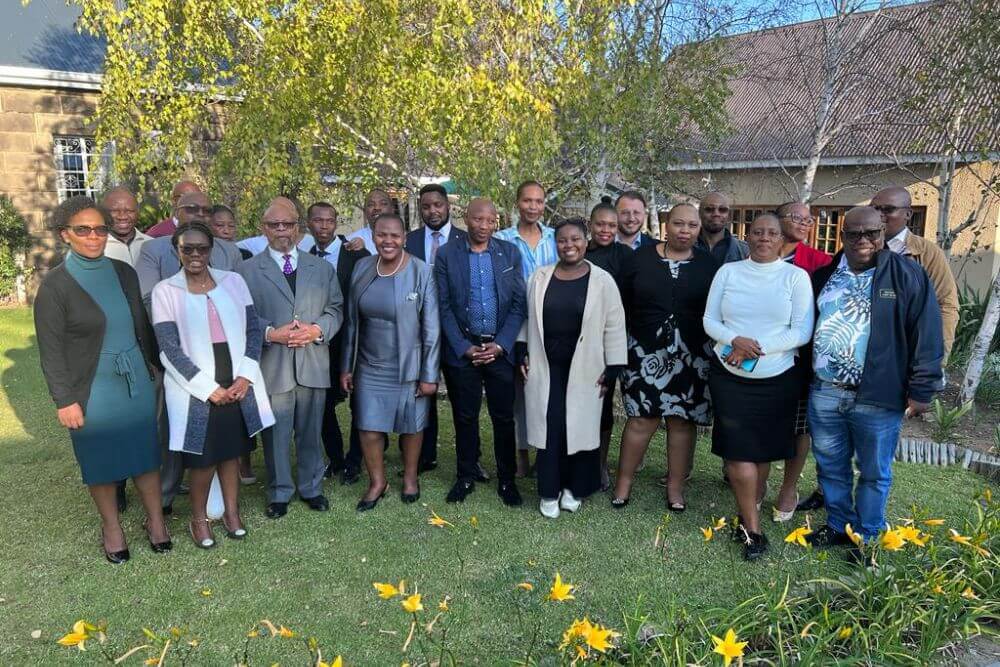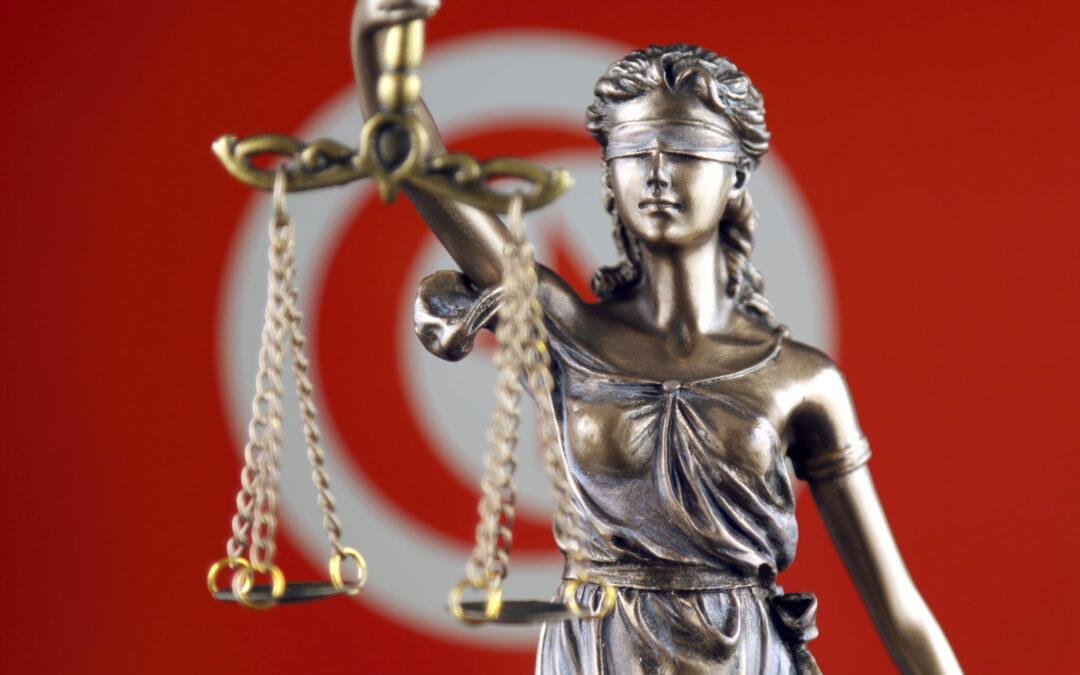
May 26, 2023 | News
The victims of the late Chadian President Hissène Habré have yet to receive court-ordered reparations, seven years after his landmark conviction in Senegal in 2016, seven Chadian and international organizations said today. Just days before the anniversary, two more victims’ leaders passed away.

May 20, 2023 | Advocacy, News
Since President Kais Saied’s institutional power grab of July 25, 2021, followed by his decree of September 22 of the same year, which implicitly repealed the constitutional order, and the adoption of a tailor-made Constitution a year later, the judicial system has been subjected to constant attacks aimed at crushing its independence and sweeping away the right to a fair trial.

Apr 21, 2023 | News
On 17 and 18 April 2023, the International Commission of Jurists (ICJ) and the People’s Matrix Association held a workshop with the Lesotho judiciary where a range of human rights issues related to sexual orientation, gender identity, gender expression and sex characteristics (SOGIESC) were discussed. The workshop took place in Maseru, the country’s capital, and was aimed at facilitating exchanges among participants, including judges and magistrates, with a view to enhancing everyone’s understanding of the human rights of LGBTIQ+ persons in Lesotho and the challenges they face in accessing justice and effective remedies for violations of their human rights. It was a follow-up to the initial half-day judicial engagement workshop co-hosted by ICJ and OutRight International at the request of Lesotho’s judiciary in October 2022.

Apr 19, 2023 | News
The ICJ condemns the latest round of arrests, the ban on opposition political party meetings and the shutdown of their offices, and calls on the Tunisian authorities to end their rampant crackdown on peaceful dissent.
يمكنكم قراءة وتحميل البيان باللغة العربية عبر هذ الرابط
On 17 April 2023, the Tunisian authorities arrested Rached Ghannouchi, leader of the opposition political party El-Nahdha and speaker of the dissolved Parliament.

Apr 14, 2023 | News
On 11 April 2023, the International Commission of Jurists (ICJ) convened an online panel of five human rights advocates from East and Southern Africa to discuss the obstacles preventing organizations working to advance the human rights of lesbian, gay, bisexual, transgender, queer and intersex (LGBTQI) people in their countries from registering to operate. The webinar unpacked the advocacy and legal strategies that can, and indeed have been successfully used in some contexts, to challenge discriminatory laws and policies.









